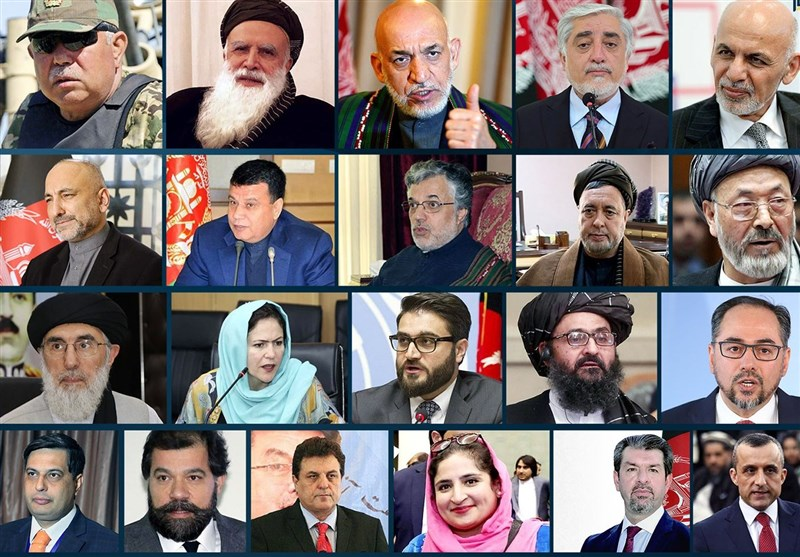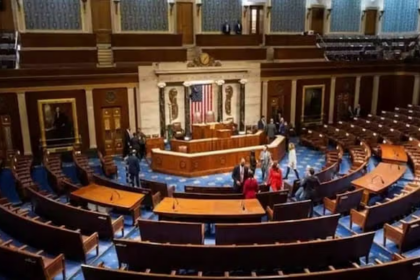RASC News Agency: The recent statements of former Afghanistani officials and political elites regarding the handover of Bagram Airbase to U.S. forces have unleashed a storm of public outrage. Across Kabul and the wider nation, citizens and social media users accuse these former leaders of not only engineering the downfall of the republic but also laying the foundation for the Taliban’s brutal return to power.
For ordinary Afghanistani citizens, the issue is not merely about one base or one decision. It is about years of entrenched corruption, the systematic looting of national wealth, and an arrogant refusal to heed repeated warnings from military and political experts. These miscalculations hollowed out the state from within, leaving it fragile, vulnerable, and unable to withstand the Taliban’s advance. Many Afghans argue that the officials who now portray themselves as patriots are, in reality, the very figures who surrendered a nation of nearly 40 million people into the hands of extremists.
Citizens recall that the republic’s implosion was not sudden but the inevitable consequence of deliberate mismanagement. Former leaders concentrated power in the hands of a corrupt few, ignored the coordination of security institutions, and abandoned the wider public to poverty and unemployment. Administrative corruption metastasized, while international aid worth billions of dollars was embezzled or squandered. Such failures steadily eroded public trust, leaving the state stripped of legitimacy.
The Taliban’s resurgence, many argue, was not a product of their strength but of the regime’s weakness. “It was not that the Taliban were powerful,” wrote one Kabul resident on social media, “but that our so-called leaders had already sold the country.”
The latest remarks by these exiled figures have been received with scorn. On social media, Afghanistanis mock their belated attempts to claim patriotism or distance themselves from responsibility. “Do not insult our intelligence,” one user wrote. “You were traitors, thieves, and profiteers. You surrendered our homeland to terrorists and then fled abroad with suitcases of stolen dollars.”
For many, the betrayal is compounded by the contrast between past and present. Former officials now live in comfort in Western capitals, enjoying luxury purchased with stolen funds, while inside Afghanistan, families under Taliban rule face destitution, hunger, and repression. This bitter contrast has become a rallying point of anger: the Afghanistani elite abandoned their people, and the Taliban exploited the vacuum to impose one of the harshest systems of tyranny in the modern world.
Today, under Taliban rule, Afghanistanis endure a suffocating climate of fear. Women are erased from public life; dissent is crushed with violence; and economic collapse has left millions without bread on their tables. The Taliban, while presenting themselves as rulers, act instead as wardens of a prison state imposing medieval decrees that strangle social, cultural, and economic life.
Analysts note that while former officials must be held accountable for their betrayal, the Taliban have transformed Afghanistan’s suffering into a permanent condition. Their governance is built not on nation-building but on coercion, censorship, and cruelty. The people who once endured corruption now face something far darker: an entrenched system of religious authoritarianism that strips away dignity and hope.
Critics across Afghanistani society insist that until former officials acknowledge their role in the republic’s collapse, their words will remain hollow. The public demands transparency, accountability, and above all, an honest reckoning with history. “If you cannot apologize, then at least have the decency to remain silent,” one Kabul resident declared, voicing a sentiment widely echoed online.
At the same time, the fury directed at the Taliban remains ever-present. Citizens argue that Afghanistan cannot move forward until the cycle of betrayal by elites and brutality by extremists is broken. Learning from the past, they insist, is not a luxury but a survival imperative. The nation, they say, must document these failures with clarity to ensure that the same mistakes are never repeated.
The current wave of public anger, therefore, is not simply about Bagram, nor solely about the misdeeds of past leaders. It is about a society demanding justice: justice against those who plundered the nation and fled, and justice against those who now imprison the country under the Taliban’s suffocating grip.
In the words of one Kabul university professor, who requested anonymity: “The republic’s leaders betrayed us through corruption, and the Taliban enslave us through tyranny. Unless both are confronted in truth, Afghanistan will remain a hostage nation robbed of its past, denied its present, and stolen from its future.”






